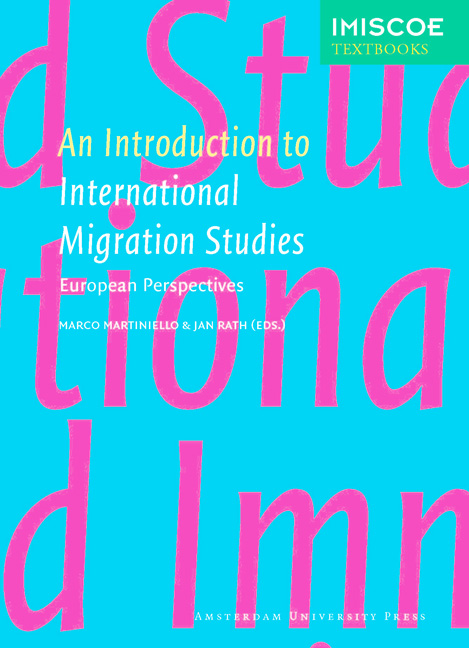9 - Skilled Migration in Europe and Beyond: Recent Developments and Theoretical Considerations
Published online by Cambridge University Press: 14 January 2021
Summary
Introduction
Corporate and industrial globalisation, alongside the transition to service economies in the West, has encouraged the movement of skilled migrants. Skilled migration is often assumed to be a win-win situation with economic benefits for both migrant and receiving country. Negative impacts have been discussed, but these pertain mainly to the risks of ‘brain drain’ in the sending society. Nonetheless, due to the current lack of data on skilled migration flows, we have an incomplete picture of the impacts of skilled migration on the receiving country.
This chapter discusses aspects central to the academic understanding of skilled migration in the European context. It begins with the main definitions of skilled migration. It then reviews recent developments, discussing the increasing flows in recent decades and the background of policy concerns. Following this overview, the chapter introduces several theories that apply to skilled migration, primarily drawing on general theories of labour migration. The final section discusses new paradigms that are emerging to explain skilled labour migration. Particularly important is ‘the global competition for talent’ notion and the idea of skilled labour migration as a contributor to human capital and international development.
Skilled migration: Definitions, statistics, and typologies
As with most categories of immigration, there is no strict international definition of a ‘highly skilled’ migrant; it depends on local economic, social and demographic contexts and local concerns and policies. In the migration literature, skilled migrants are often defined as individuals with a tertiary degree or higher. Additionally, skilled migration may be defined on the basis of the policies currently in place, and thus the types of visas and permits issued. However, policy-based definitions seldom look at the sector of employment or give any indication of employment among skilled individuals. For instance, ‘deskilling’ may occur, when highly qualified refugees work below their qualifications. An example is university graduates from the new EU member states in Central and Eastern Europe working temporarily in low-skilled jobs in Northern and Western Europe. This situation is increasingly common, particularly in the United Kingdom. This means there can be a mismatch between academic discussions of ‘skilled’ migration and the official statistics. Another way to look at skilled migrants is in terms of occupation.
- Type
- Chapter
- Information
- An Introduction to International Migration StudiesEuropean Perspectives, pp. 211 - 236Publisher: Amsterdam University PressPrint publication year: 2012
- 5
- Cited by

